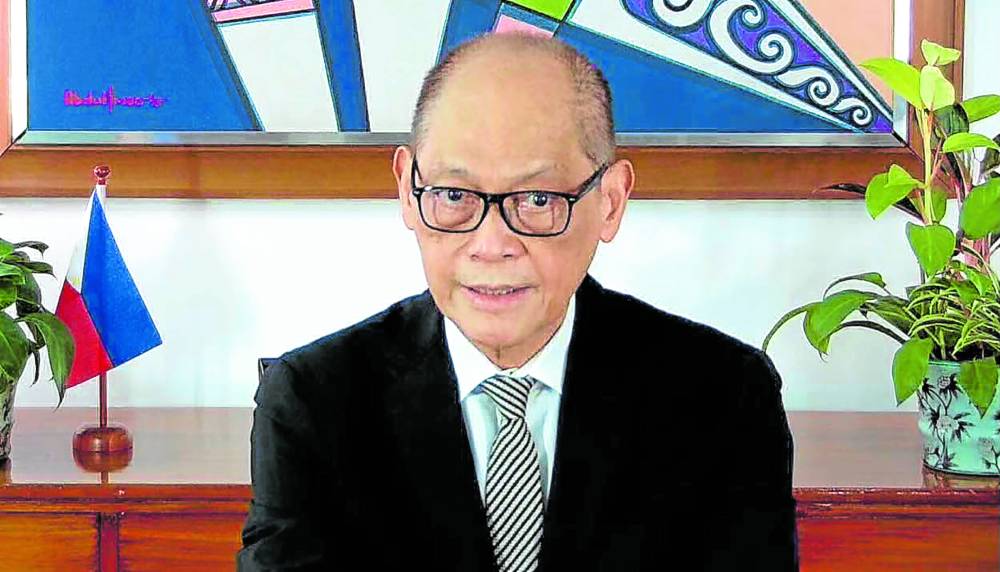Diokno sees digitalization, costly oil boosting 2022 revenues
With digitalization in full swing plus a windfall from expensive oil imports, Finance Secretary Benjamin Diokno is optimistic that tax and nontax revenues this year will exceed prepandemic levels as targeted.
“I expect this year’s revenue target will be met,” Diokno said Friday night, after meeting with top officials of the Bureaus of Internal Revenue (BIR) and of Local Government Finance (BLGF), which both oversee revenue collections.
For 2022, the Development Budget Coordination Committee had set a P3.3-trillion revenue goal, up by almost a tenth from last year’s P3.01 trillion.
The revenues collected by the government in 2020 (P2.86 trillion) and 2021 were below the record-high P3.14 trillion in 2019 as the prolonged COVID-19 crisis ended millions of jobs and shuttered thousands of businesses.
But with economic reopening, the government expects tax and nontax collections this year to further improve, even as President Marcos and Diokno had been cold to the previous administration’s pitch for new or higher taxes to repay ballooning debts and narrow the wider budget deficit wrought by the pandemic.
Diokno said he told BIR and BLGF officials led by Internal Revenue Commissioner Lilia Guillermo and Executive Director Niño Raymond Alvina, respectively, that he considers revenue collectors as “essential workers.”
‘Fiscal framework’
“Revenues are essential for achieving the goals embodied in our medium-term fiscal framework. Hence, they should collect taxes efficiently and fairly. Digitalization is the key, [as] it removes discretion,” Diokno said.
Under the Marcos administration’s six-year fiscal plan, revenues should reach P6.59 trillion in 2028 while expenditures on public goods and services had been programmed at P7.71 trillion to end its term with a budget deficit of P1.12 trillion, equivalent to 3 percent of gross domestic product (GDP) or the level similar to before COVID-19 happened.
Last year, the fiscal gap hit a record P1.67 trillion, or 8.6 percent of GDP, due to massive pandemic-induced borrowings and spending. This year, the deficit had been set at a narrower P1.65 trillion or 7.6 percent of GDP.
Diokno noted that at the end of the first half of this year, the BIR was slightly behind its six-month target, while the Bureau of Customs surpassed its goal “largely due to higher oil prices and peso depreciation.”
“BIR officials commit to a better second-half performance,” Diokno said.

